
Losing a pet is tough, no sugar-coating it. They are family, and when they pass away, the house feels emptier. If you are thinking about opening your home to another pet, here are some steps to help you prepare mentally and emotionally. Here are 15 ways you can prepare yourself for another pet after losing one.
Allow Yourself to Grieve Fully
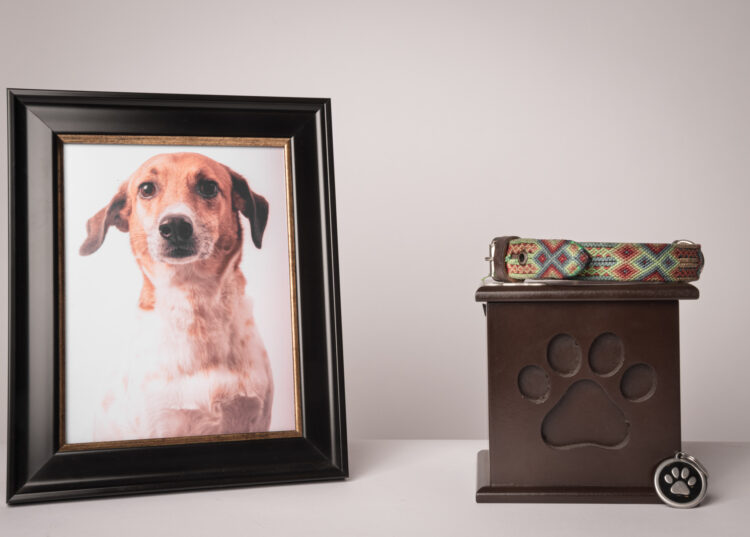
You’ve lost a dear friend, so take your time to feel all those feelings. Cry if you need to, talk about your pet, and maybe even celebrate their life with a small ceremony or a photo album. It is about honoring your past buddy and recognizing that it is okay to be sad. There’s no set timeline for grief; it takes as long as it needs to.
Evaluate Your Readiness
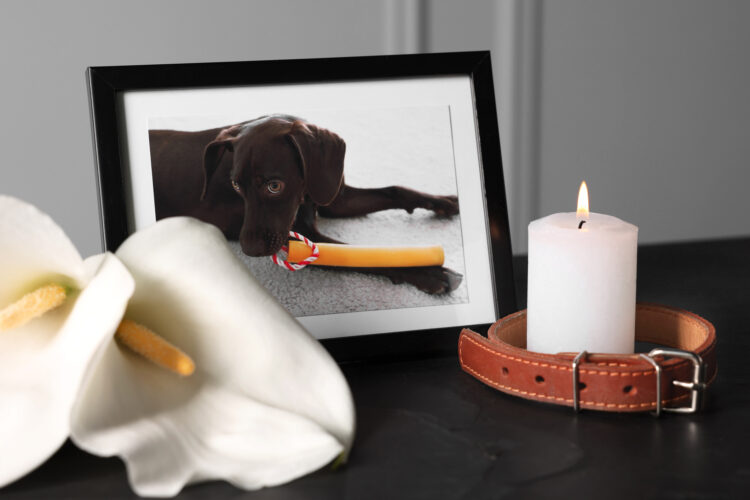
Are you considering another pet because you’re lonely, or because you’re genuinely ready to care for a new life? It is easy to rush into getting another pet in hopes they’ll fill the void. Instead, assess your feelings honestly. Are you looking for a distraction from your grief, or are you genuinely ready to love and look after another animal? This requires some real talk with yourself.
Discuss with Family

If you do not live alone, getting a pet is a family decision. So, talk with everyone in the household. Ask them how does everyone feel about getting a new pet? It is important because you need to know that all are on board and ready for the commitment. It can really help you avoid conflicts and ensures that the new pet is welcomed by everyone.
Consider the Type of Pet

Not all pets require the same amount of care, or space. So, always think about your lifestyle and what type of pet would be the best for you. If you work long hours, a dog might not be the best idea. You can instead go for a cat or even a fish could work. Reflect on what you can realistically manage in terms of time, energy, and finances.
Create a Suitable Environment
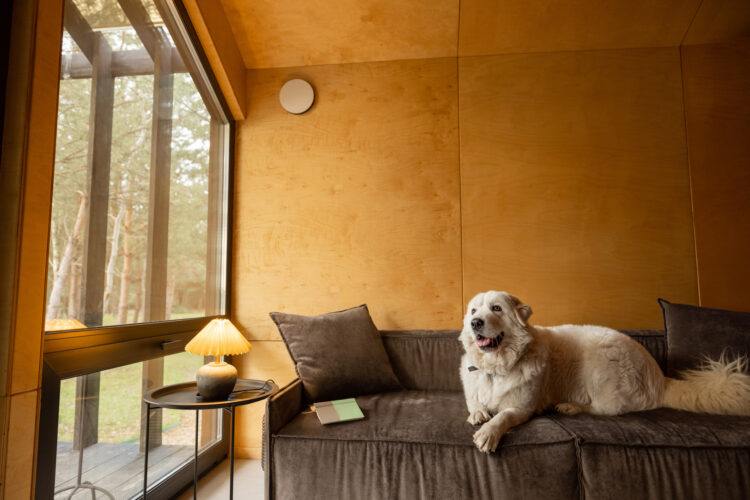
Before bringing a new pet home, make sure your space is ready. This means removing all kinds of hazards, securing fences if you are getting a dog, or setting up a quiet corner if it is a cat. Think about where your pet will eat, sleep, and play. Preparing your home ahead of time can make the transition smoother and less stressful for both of you.
Reflect on Past Pet Care Experiences
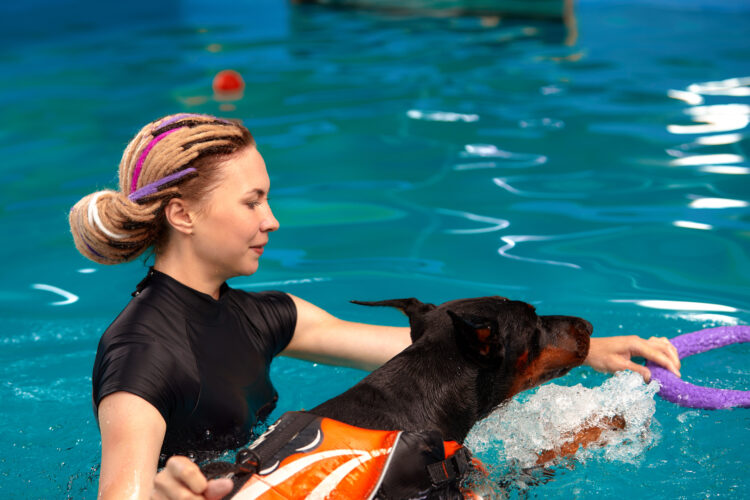
Think about your previous experiences. Is there anything you learnt from caring for your last pet that you can apply this time around? Maybe there are things you would do differently. Or maybe you should choose a different breed that matches your lifestyle better. If you understand these points better, it can make you a more prepared and informed pet owner.
Set Realistic Expectations
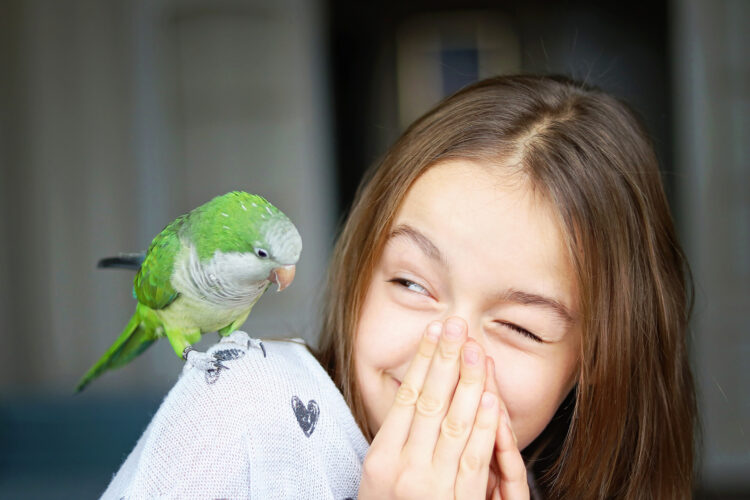
It is also very important to remember that no two pets are the same. So, never expect them to be a replacement or to behave exactly like your previous pet. A new pet that comes to your house will have its own personality and quirks. So, try to set realistic expectations so that you do not get frustrated and can appreciate the unique traits of your new pet.
Visit Animal Shelters or Breeders
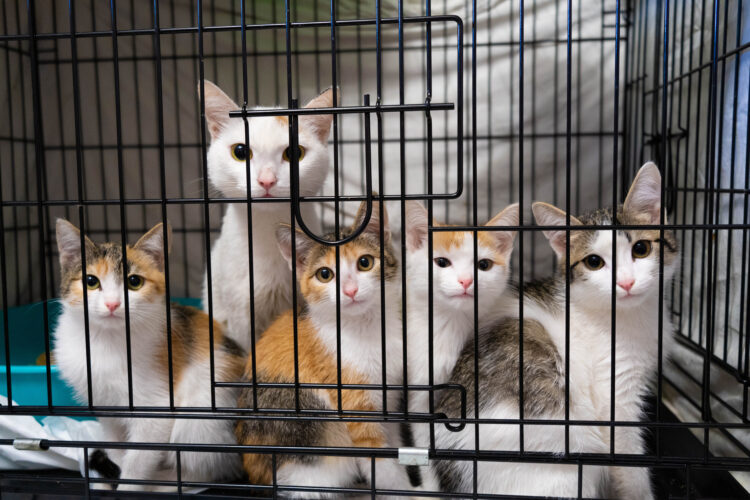
You can check out some local animal shelters, rescue groups, or reputable breeders to meet different pets and breeds. Spend time with different animals because that can help you understand if you are really ready for another pet. It will also help you know which type of pet you most connect with. This can also be a healing experience, as it reminds you of the joy and companionship pets bring.
Talk to Pet Professionals
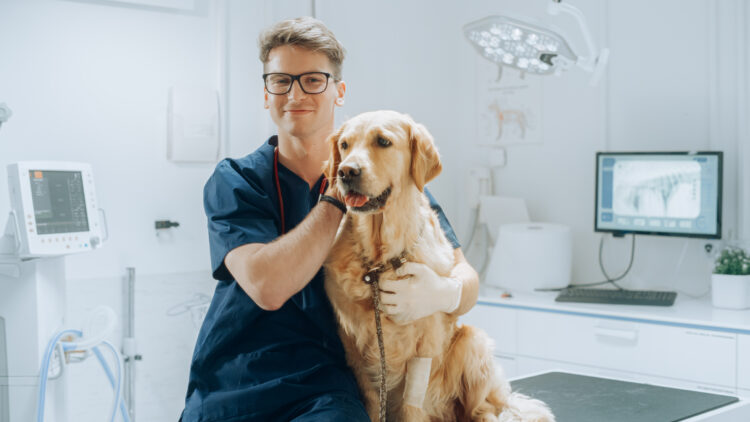
If you are not sure about what type of pet would be the best fit, chat with vets, trainers, or shelter staff. They can give you insights based on your lifestyle, expectations, and experience level. They can even offer advice on everything from breed characteristics to health care needs. That way, you will be able to make a more informed decision.
Consider the Financial Commitment

From regular vet visits to emergency medical costs, food, grooming, and toys, the costs add up. Make sure you’re financially prepared for both expected and unexpected pet care expenses. It might be a good idea to create a budget or even start a pet fund to manage these costs more effectively.
Plan for the Long Term

Consider your long-term plans like a move to a different city, changes in your work schedule, or even family dynamics that might affect your ability to care for a pet. Make sure your current lifestyle and future plans can accommodate the pet’s lifespan. That is because pets need stability and consistency, so it is important to ensure you’re ready for the long haul.
Educate Yourself About Pet Care

Before you bring a new pet home, make sure you’re up to speed on the best care practices. This might involve reading books, browsing reputable pet care websites, or taking classes on pet training and health. Understanding your pet’s specific needs can prevent common issues and help you provide a safe, nurturing environment.
Prepare for Behavioral Adjustments
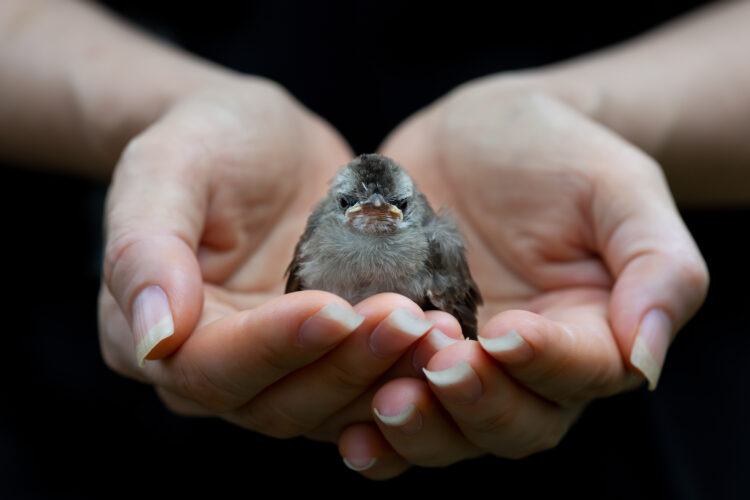
Especially if you’re adopting a rescue animal, always be prepared for potential behavioral issues. That is because these pets may need a little extra patience and training to settle into a new environment. You can ask for help from a professional trainer if you cannot handle it alone. Also, preparing yourself for this possibility can make the adjustment easier for both you and your pet.
Get Your Supplies Ready
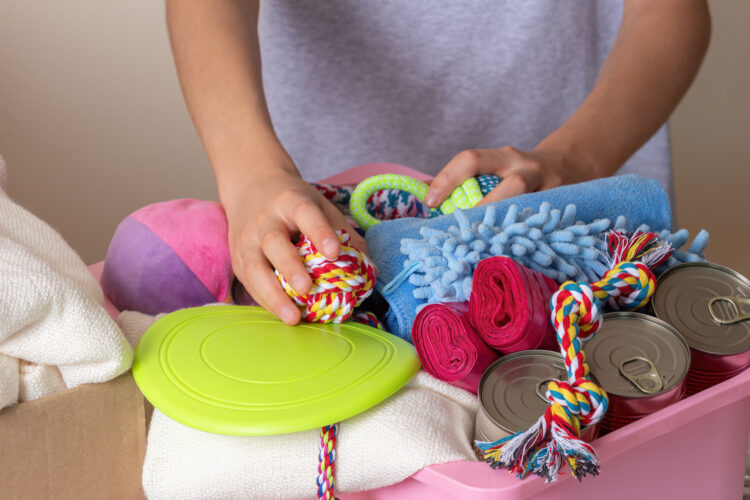
Stock up on everything you will need before your new pet arrives. For example, a comfortable bed, some toys, dog food, grooming tools, leashes, and also safety gates if necessary. Having all the essentials on hand before your pet comes home can help them feel more comfortable and secure from day one.
Take It Slow
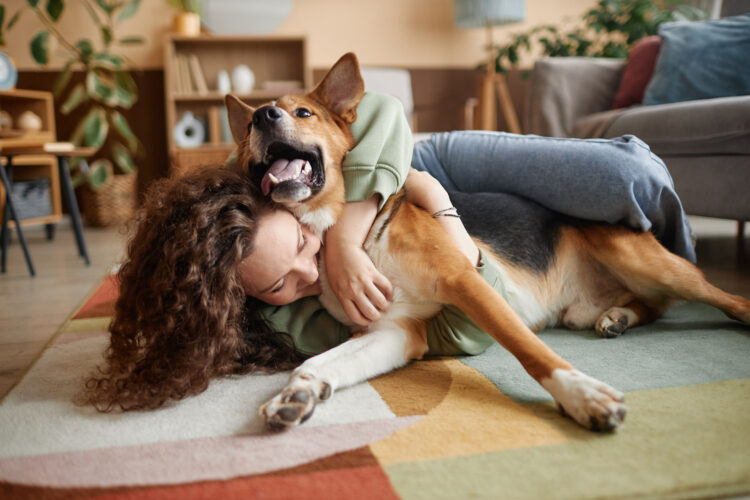
When your new pet comes home, give them plenty of time to adjust to your surroundings. You do not need to rush them into too many new experiences at once. Let them explore their new home at their own pace and be mindful of their comfort level as they settle in. Trust us, it is only going to build more trust with your pet.

Comments
Loading…